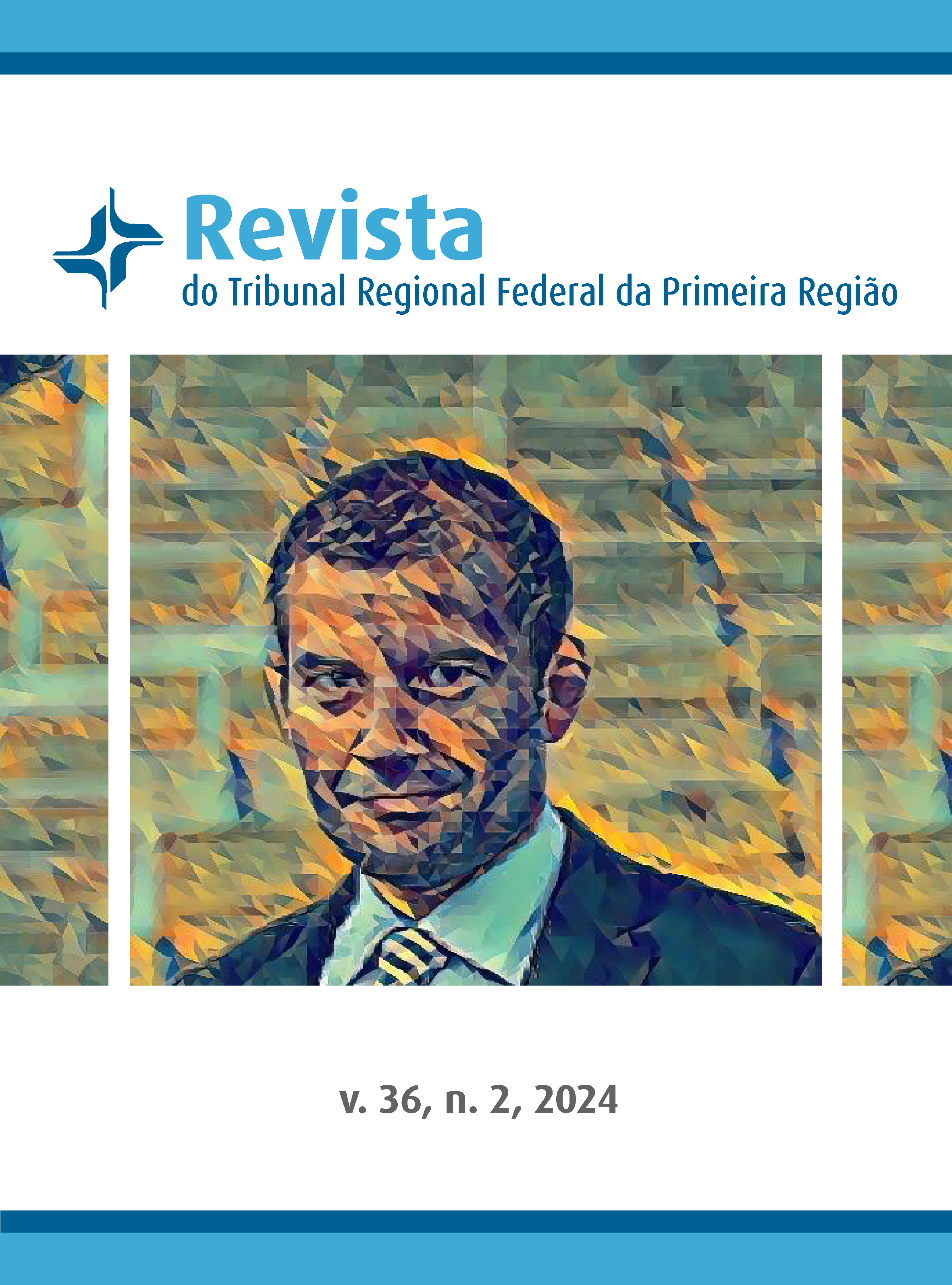Fundamentos da culpabilidade e o debate biologicista sobre o livre-arbítrio: o direito penal posto à prova, ou um falso problema interdisciplinar?
DOI:
https://doi.org/10.69519/trf1.v36n2.556Palavras-chave:
autonomia, culpabilidade , direito penal , livre-arbítrio, neurociênciaResumo
Cientistas como Robert Sapolsky têm questionado os fundamentos do direito penal, vislumbrando sua superação, diante da hipótese de que os atos humanos seriam predeterminados biologicamente. Procura-se responder a tais pretensões, a partir dos fundamentos da culpabilidade e das razões da pena, analisando o sentido ou a dimensão do livre-arbítrio que releva para o direito de punir. Rememoram-se as dicotomias culpabilidade e pena; periculosidade e medida de segurança, na evolução das ideias penais, assim como a importância da autodeterminação para a teoria do delito, notadamente no desenvolvimento do conceito de culpabilidade. São sintetizados os obstáculos que Sapolsky opõe ao livre-arbítrio e as suas propostas para um novo sistema de justiça criminal. Suas ideias são confrontadas com outras perspectivas, no campo das neurociências, sobre o papel da consciência na determinação dos atos e sobre a eficácia da pena como instrumento de controle social. Então, considerando que para a responsabilização dos imputáveis importam mais as condições externas dos seus atos, e que a consciência sobre as consequências destes atos, inclusive sobre a pena, influi na determinação (ainda que biológica) da vontade, demonstra-se a diminuta importância do debate sobre o livre-arbítrio para o direito penal, concluindo-se que tal questão não abala os seus fundamentos.
Downloads
Downloads
Publicado
Como Citar
Edição
Seção
Licença
Copyright (c) 2024 Revista do Tribunal Regional Federal da 1ª Região

Este trabalho está licenciado sob uma licença Creative Commons Attribution-NonCommercial-NoDerivatives 4.0 International License.
Ao submeterem artigos à Revista do Tribunal Regional Federal da Primeira Região, os autores declaram ser titulares dos direitos autorais, respondendo exclusivamente por quaisquer reclamações relacionadas a tais direitos, bem como autorizam a Revista, sem ônus, a publicar os referidos textos em qualquer meio, sem limitações quanto ao prazo, ao território, ou qualquer outra. A Revista fica também autorizada a adequar os textos a seus formatos de publicação e a modificá-los para garantir o respeito à norma culta da língua portuguesa.





















